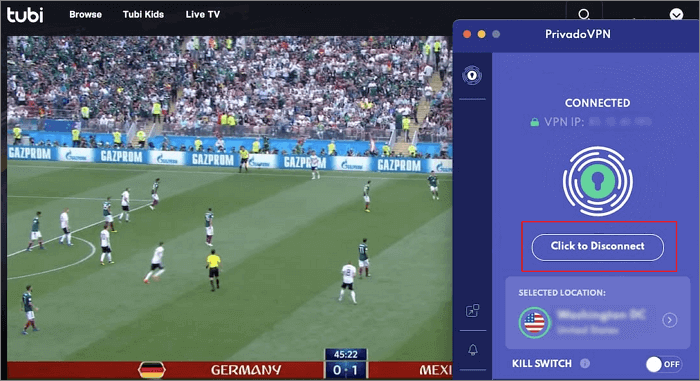In today’s modern world, where communication is paramount, area codes play a pivotal role in connecting people across different geographical regions. One such code that has caught the attention of many is the 888 area code. But what exactly is the 888 area code, and why is it so significant? In this comprehensive guide, we’ll delve into the depths of the 888 area code, uncovering its origins, implications, and frequently asked questions. So, let’s embark on this journey of discovery!
Table of Contents
- Introduction
- Understanding Area Codes
- The Genesis of 888 Area Code
- The Geography It Encompasses
- Impact on Telecommunication
- Toll-Free Convenience: 888 and Customer Service
- The Business Perspective: Vanity Numbers
- The Popularity Surge: 888 Area Code Myths
- Regulations and Administration
- Pros and Cons of 888 Area Code
- Alternatives to 888 Area Code
- Deciphering the 888 Area Code Boom
- The Social Relevance of Area Codes
- Unveiling the Future of Area Codes
- Conclusion
Introduction
Area codes are the numerical prefixes that provide insight into the geographical location of a telephone call’s destination. They serve as a vital component of the global telecommunication infrastructure, allowing efficient routing of calls.
Understanding Area Codes
Area codes are the initial digits dialed before the actual phone number when making a call. They help route the call to the appropriate geographical region.
The Genesis of 888 Area Code
The 888 area code, introduced in 1996, is part of the North American Numbering Plan (NANP). It’s classified as a toll-free code, designed to facilitate free calls for the caller.
The Geography It Encompasses
Unlike geographic area codes tied to specific regions, the 888 area code transcends physical boundaries. Calls to this code are routed to toll-free services, making it a virtual rather than a geographical area.
Impact on Telecommunication
The 888 area code has revolutionized communication by allowing businesses to offer toll-free services. This has enhanced customer engagement and service accessibility.
Toll-Free Convenience: 888 and Customer Service
Businesses opt for the 888 area code to provide customers with a free and convenient means of reaching out. This fosters trust and encourages customer interaction.
The Business Perspective: Vanity Numbers
Vanity numbers, using easily memorable digits like 888, have become a marketing strategy. They enhance brand recall and make contacting businesses hassle-free.
The Popularity Surge: 888 Area Code Myths
Numerous myths surround the 888 area code, such as it being exclusively for emergencies or reserved for government use. Clarifying these myths is essential to understanding its true purpose.
Regulations and Administration
The Federal Communications Commission (FCC) oversees area code assignments, ensuring efficient utilization and preventing exhaustion.
Pros and Cons of 888 Area Code
Pros include its toll-free nature, convenience, and business benefits. However, cons involve the potential lack of geographic identity and the proliferation of similar vanity numbers.
Alternatives to 888 Area Code
While 888 is well-known, alternatives like 877, 866, and 855 also offer toll-free services, each with its unique features.
Deciphering the 888 Area Code Boom
The surge in toll-free codes like 888 signifies the evolving landscape of communication and the increasing emphasis on customer-centric approaches.
The Social Relevance of Area Codes
Area codes have become ingrained in popular culture, often signifying more than just geographic locations—they evoke a sense of identity and community.
Unveiling the Future of Area Codes
As communication methods continue to evolve, the role of area codes might transform as well. Virtual communication, international integration, and innovative technologies could shape their future.
Conclusion
In conclusion, the 888 area code stands as a symbol of convenient communication, breaking down barriers between businesses and customers. Its impact reaches beyond the digits, reflecting the changing dynamics of our interconnected world.




